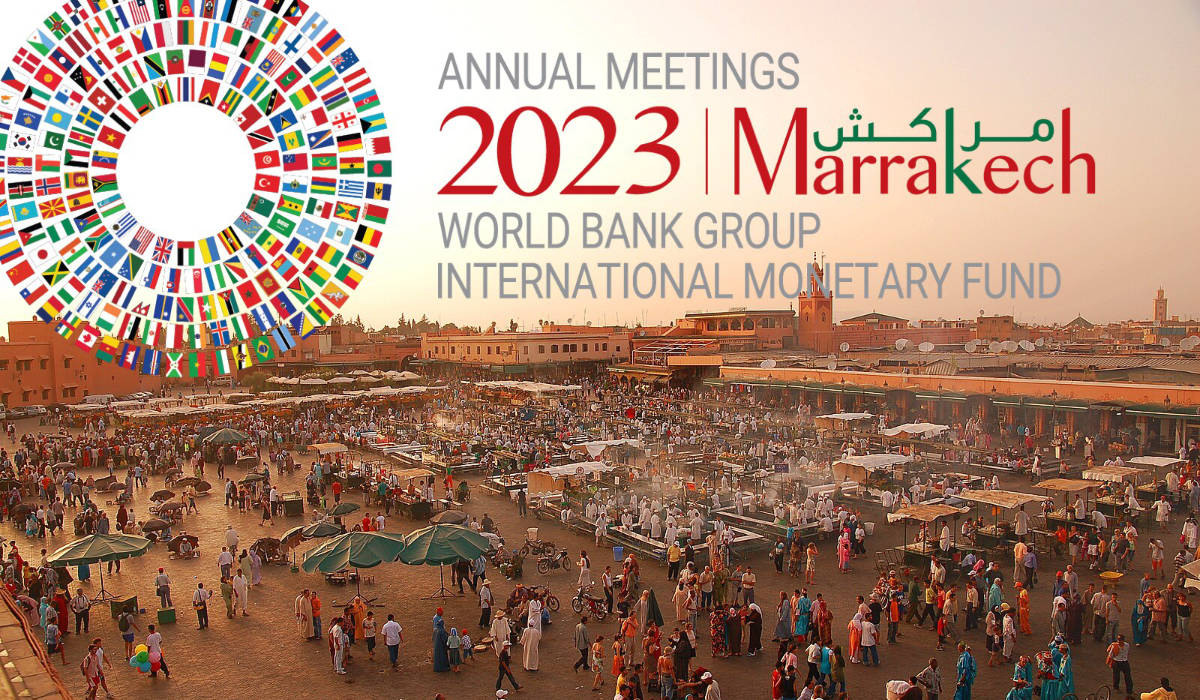(3 minutes read)
The World Bank and International Monetary Fund are looking to scale up and retool to pursue ambitious global climate goals. It is also strategizing to focus more on emerging markets and developing economies struggling to service rising debt levels
The World Bank and International Monetary Fund are looking to scale up and retool to pursue ambitious global climate goals. It is also strategizing to focus more on emerging markets and developing economies struggling to service rising debt levels.
This year’s Fund-Bank meeting will take place in the city of Marrakesh. A devastating earthquake had taken place in the region, which caused the death of close to 3,000 people in the recent week. There was also speculation that the Fund-Bank meeting would be postponed due to the natural calamity.
It is the first such meeting to be held on the African continent for half a century, something underscored by IMF Managing Director Kristalina Georgieva during a speech recently in the city of Abidjan in Ivory Coast. During her speech, Georgieva noted that the world was heading into the annual meetings in much better economic shape than many analysts had predicted. Georgieva also called on member countries to bolster funding levels through an increase in the quotas they pay.
The United States has indicated it would back an across-the-board increase in quotas — a move that would leave the overall voting power of member countries unchanged. The Fund is also looking to replenish popular concessionary lending facilities for low- and middle-income countries which have been exhausted by the pandemic and the war in Ukraine, Georgieva said.
Read Also:
https://trendsnafrica.com/ugandan-president-hits-out-at-world-bank-for-interfering-in-lgbt-rules/
https://trendsnafrica.com/world-bank-notifies-uganda-to-repeal-its-draconian-lgbt-legislation/
While the World Bank and IMF are looking to retool to tackle the climate transition, many member countries are grappling with high levels of debt due to the COVID-19 pandemic and war in Ukraine. During the IMF and World Bank’s spring meetings in April, Georgieva said that around 15 percent of low-income countries were already in debt distress.





